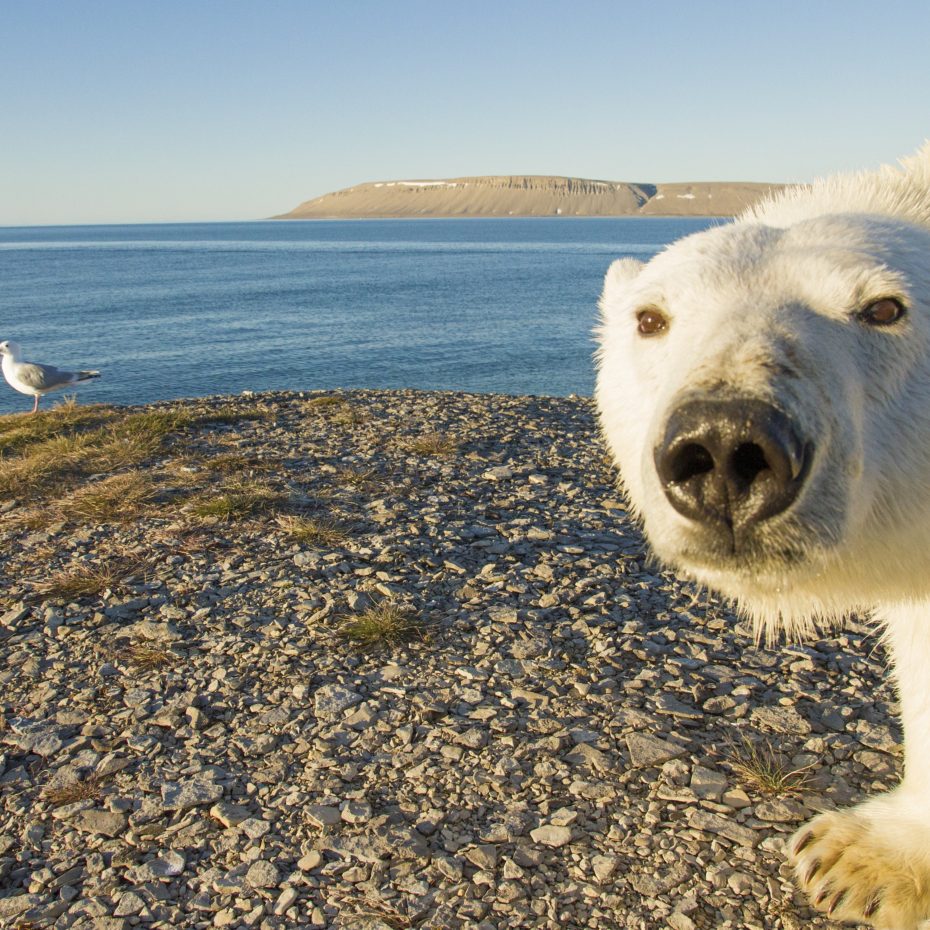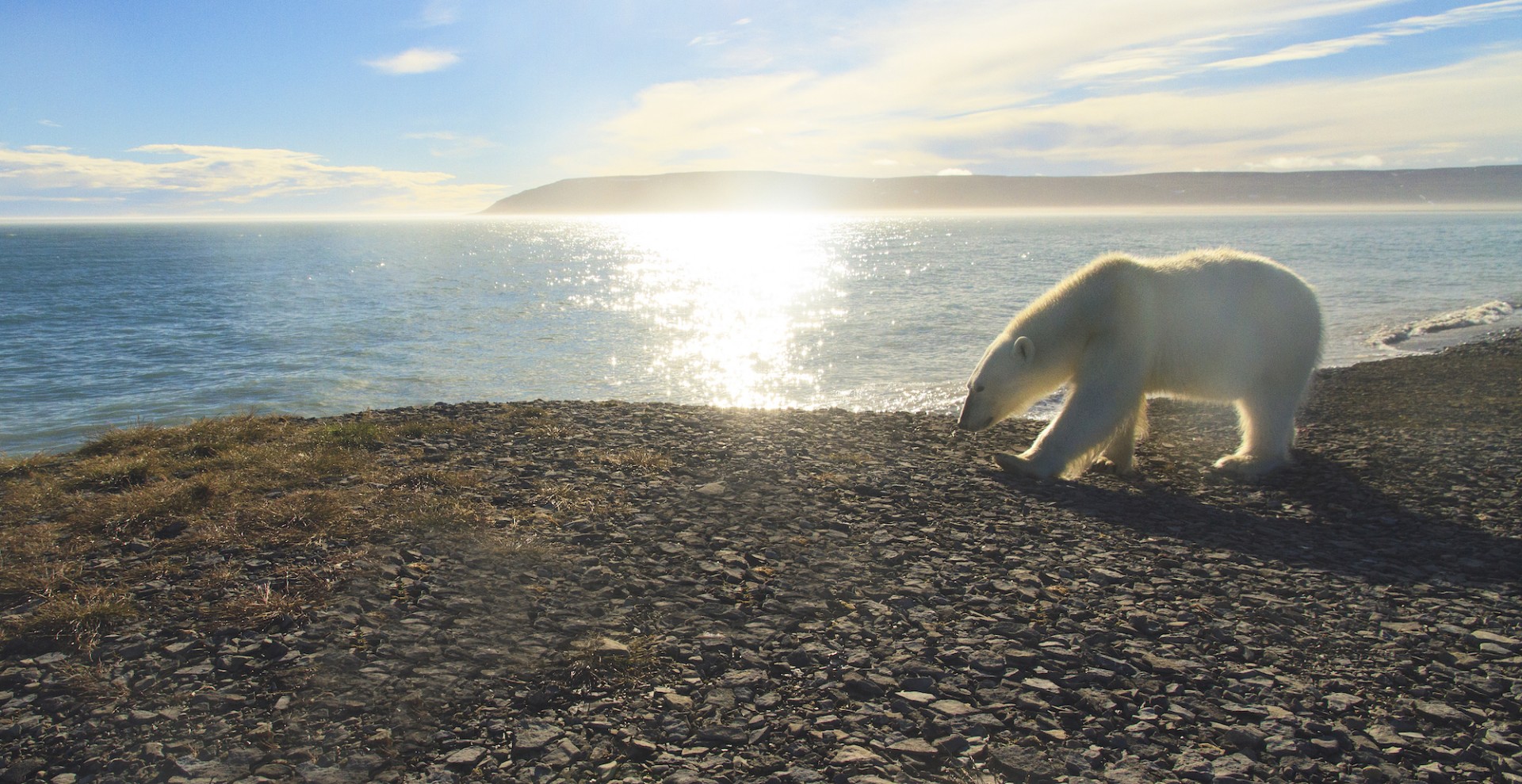IN THE NEWS: POLAR BEARS & RUSSIAN TOWN
Arctic Watch

Arctic Watch
February 11, 2019 | Arctic Canada
Washington Post News - Russian town overrun by polar bears: In more than 25 years of observing polar bears, we've never encountered such behaviours! Tessum explains.
For more than 25 years, we’ve had the pleasure of observing polar bears. In my opinion - polar bears are intelligent animals that typically avoid confrontation. Polar bears are inquisitive, intelligent and acutely aware of their surroundings. While they’re always looking for new food sources, the majority of a polar bear’s diet is seal. They spend a large portion of their lives on sea ice and in summer, they roam the tundra fasting and eating scraps until the fall ice returns to go out and hunt seals once again.

Most bears are cautious of humans - especially towns and communities. From personal experience, I’ve seen bears make a point of walking over ice caps and mountains to avoid human settlements. A polar bear with access to seal meat and normal food sources typically avoids risking injury or confrontation. Equally important, most polar bears will avoid competing with one-another for food. In times of plenty, bears can congregate to feed in certain areas (e.g. a whale carcass), but most of their lives are spent in solitude (outside of mating season).
Thinning ice conditions (particularly in Russia), are forcing bears on land more often - they have less opportunity to hunt seals, which in turn, forces them to investigate new food sources. This is a reality of climate change.
In the media this week, The Washington Post recently shared reports from a Russian town in Siberia where polar bears have been amassing in unusually large numbers and invading the village (As many as 52 individuals!). (click on link to see the story)
A winter-time event such as this, forcing so many bears to land is likely due to a lack of sea ice. Less sea ice reduces a polar bear’s ability to hunt seals in the winter months while pushing them to explore new food sources. For bears to willingly enter a human settlement and risk harm also points to drastic changes in their normal food sources. They are intelligent creatures - likely most of these bears have encountered humans before and know to stay away.
The Lancaster Sound marine polar bear population (vicinity of Arctic Watch) is one of the last remaining stable populations. Others are in decline due to numerous factors, including climate change. Events such as these are a reality that will increase in frequency as climate change continues to affect the Arctic.

Tessum Weber When not found in the Arctic, on the trails or skiing a glacier, Tessum can be found on the stage promoting and fighting for the north. Tessum is the youngest person to ski to the North Pole. He made his first forray to the Arctic at six weeks of age. His passion for introducing more people to the magnificence of the North has helped expand the offering from Arctic Watch and Arctic Haven include Arctic heli-sking. He and his brother have launched the most northern heli-skiing in the world from the Baffin Island community of Clyde River. A polar guide and avid traveller, he’s spent nearly 30 years across the Canadian Arctic.
We understand that booking a trip like this is a big endeavour. Please reach out to us with any questions that you might have regarding your upcoming adventure.